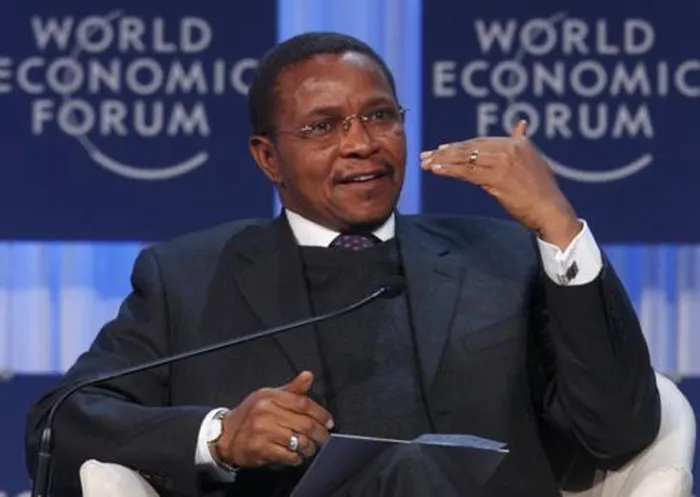#WEFAfrica17: Crisis in Africa's education

Tanzania’s former president Jakaya Kikwete Tanzania’s former president Jakaya Kikwete
Former Tanzanian president Jakaya Kikwete said yesterday the education crisis in Africa was today’s civil rights struggle, and called on leaders in the developed and developing worlds to act urgently.
Kikwete was speaking at the World Economic Forum (WEF) on Africa conference in Durban in his capacity as the Special Envoy for the Education Commission, a global body convened in September 2015 to address the crisis in education in low to middle-income nations.
The commission called the briefing of journalists gathered at the WEF to highlight a “breakthrough in an international finance facility for education, an essential step to ensure the Sustainable Development Goal of inclusive and quality education for all is met by 2030”.
The commission was convened by a number of concerned world leaders, from the director-general of the UN Educational, Scientific and Cultural Organisation (Unesco) to the prime minister of Norway, the president of Chile and many others. Kikwete said this body had put together a team of 27 commissioners from around the world to tackle the crisis.
These experts in knowledge and education and other relevant fields include eight Africans, all of whom pack a punch globally, including Kikwete himself, as well as Graça Machel, Zimbabwe’s Strive Masiyiwa and Nigeria’s Aliko Dangote.
The commission’s preliminary findings confirmed the world was facing an alarming education crisis that is significantly more pronounced in the lower and middle-income countries. Kikwete noted that this meant all of Africa.
The commission found that education standards in these countries lagged high-income countries by as much as 70 years.
Kikwete, who has recently completed a research tour of an initial 14 African countries, said there are 100 million youngsters out of school in Africa out of a global total of 263 million. At current projections that figure would have grown to 130 million by 2030.
And, for those who did start school, completion rates were low, with too many dropouts at all levels of education, he said.
As things improved in other countries, they seemed to get worse in Africa, Kikwete said. It hardly bears thinking about what the numbers would be by 2050 “when 2 billion jobs will have been replaced by automation”.He talked of the dual problem of limited resources not being used wisely. As an example of what could be done with limited funds, he mentioned Tunisia and Vietnam, countries with similar GDP per capita where learning outcomes are dramatically different. Where a learning outcome in Tunisia averaged 64%, in Vietnam it was 96%.
The chief adviser to the commission, Caroline Kende-Robb, said the problem was magnified by the decline in aid.